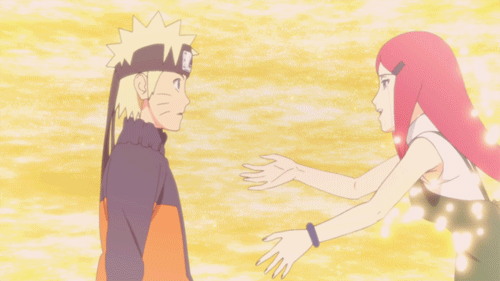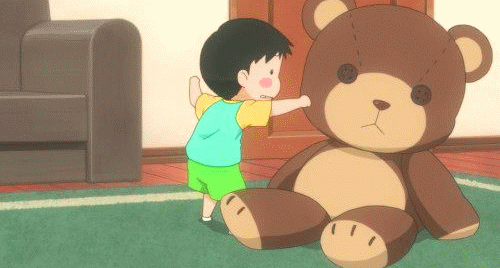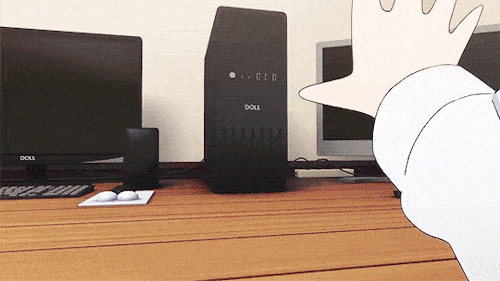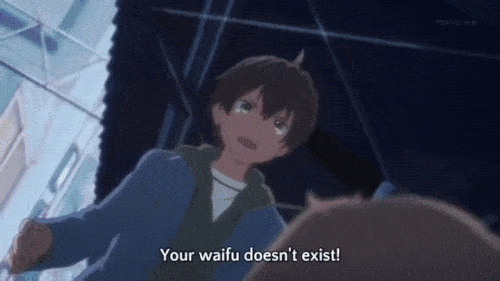
The ideas of life and the roads to success found in anime can serve as guide posts for real-life behaviour in the people watching them, and are only a small number of reasons why anime has such a huge following.
The Impact of Fiction on Reality

In his book 'Myth: A Very Short Introduction', Professor Robert Segal gives some insight to this concept of fiction influencing reality: "Just as the child knows that the teddy bear is not Mummy yet clings to it as if it were, so the adult recognizes that the myth [in this case 'anime'] is not reality yet adheres to it as if it were... these kinds of myths serve as guides to the world rather than as depictions of the world."

Enjoying the story in an anime simply as a source of entertainment is, of course, possible. However, more and more research has shown that breaking down fictional worlds can provide serious analysis about our own. This includes, among other things, issues of race, gender, war, loss, etc.
This is nothing new in the world of literature, which continues to have an abundance of analysis and research directed towards it. However, after many years of being ridiculed and ignored, the world of anime and manga (and their equivalents across the world), are finally being paid more serious attention. Conferences, journals, essays, and books have now included anime into the analytical world, not because of a need to satisfy a fan-base, but because its importance had finally been recognized.

As we've all lived different lives and experienced different things, each viewer will associate with, and find meaning in a story which best represents them and the life that they have lived up to that point. So, while some will associate with the themes of destruction and betrayal found in Shingeki no Kyojin, others feel closer to the story of a broken family in Fullmetal Alchemist: Brotherhood. While some will seek support through very dark periods of their life in Welcome to the N.H.K., others will be drawn to the stories of friendship and teamwork in Haikyuu!! to motivate themselves to try harder to achieve their goals.
It is precisely because there are so many options to choose from that anime has the power to inspire a change in viewers' behavior, since it offers entry into thousands of worlds for those who seek refuge, escape, or fun.

Although immensely popular, motivation in the form of strength and ambition is not the only way that anime can influence us. Something else that is also often mentioned are connections - romantic or otherwise - between viewers and fictional characters. Despite there still being a veil that divides fiction and reality, it is one that has continuously been stretched to bring the two worlds closer together.
Although many fans who daydream about relationships with fictional characters are often thought of as being out of touch with reality, current research is slowly but surely turning in the fans' favor. For example, a 2013 study by P. Matthijs Bal and Martijn Veltkamp, showed that immersion into the world of fiction can actively help to build a sense of empathy, which would certainly be a positive addition to the 'real' world as well. Emotions that appear in daydreaming and watching anime are an imitation of those that are also felt in everyday life.

The idea that anime can be motivational, realistic and pragmatic may not be a shock to fans, but it is certainly a relief to see that professional fields of research are also, finally, casting an intrigued eye towards anime.




